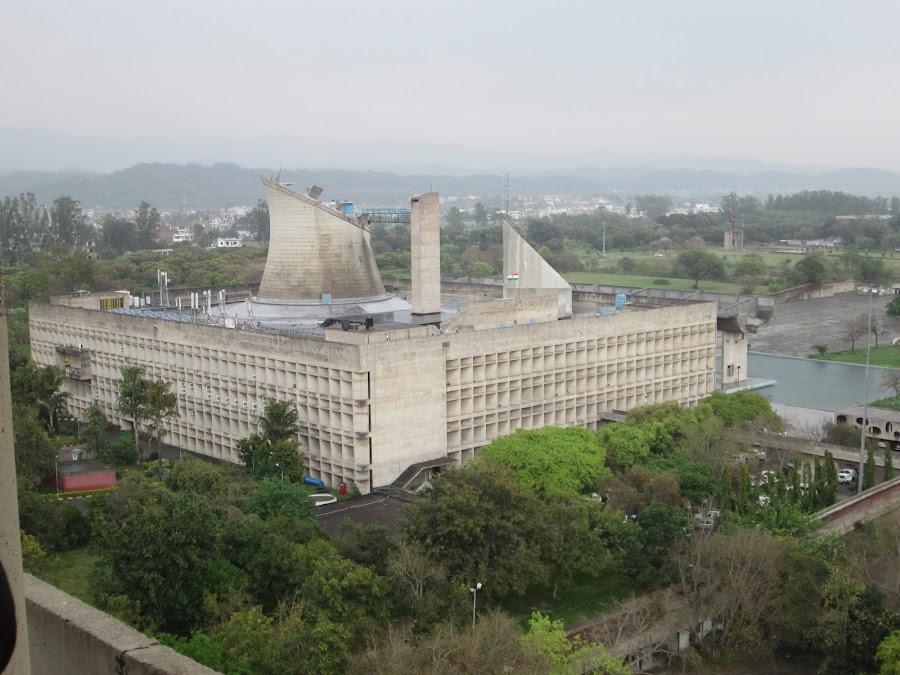
Capitol Complex
Chandigarh, India
- Admire the Open Hand Monument.
- Explore the Secretariat Building (with permission).
- Learn about Le Corbusier's architectural style.
- Take photos of the unique structures.
- Visit the High Court and Legislative Assembly.
- Walk around the complex and observe details.
Known for:
Description:
The Capitol Complex in Chandigarh is a UNESCO World Heritage site and a stunning architectural marvel designed by Le Corbusier. It comprises three main buildings: the Secretariat, the High Court, and the Legislative Assembly, along with the Open Hand Monument. The complex is a symbol of Chandigarh's vision as a modern and planned city, showcasing Corbusier's unique architectural style with its geometric forms, raw concrete, and bold designs. Visitors can explore the buildings (with permission), admire the iconic Open Hand sculpture, and learn about the city's planning and history. It's a must-visit for architecture enthusiasts and anyone interested in urban planning and modern Indian history.
History:
Conceived by Le Corbusier in the 1950s as the seat of power for the newly formed state of Punjab (later divided into Punjab and Haryana), the Capitol Complex embodies the modernist ideals of post-independence India. Corbusier envisioned it as a symbol of democracy and progress. Construction began in the early 1950s and continued through the 1960s. The complex has witnessed significant political events and remains the functioning center of government for both Punjab and Haryana. Over the years, it has become a symbol of Chandigarh itself and a testament to Corbusier's enduring influence on urban design. In 2016, it was designated a UNESCO World Heritage site, recognizing its global significance in architectural history.